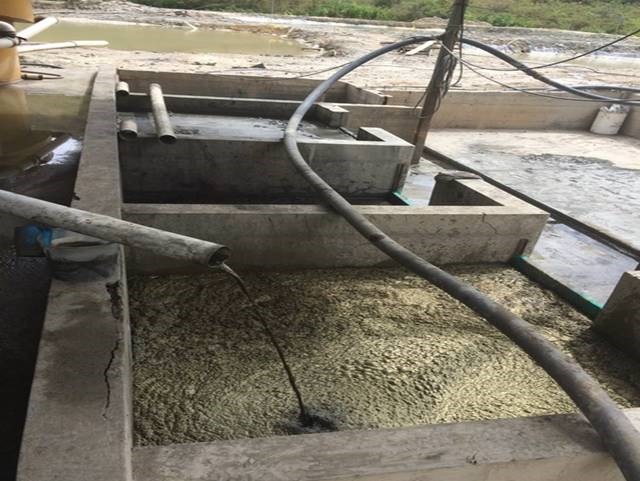A South American mine waste research project involving BacTech Environmental and Sudbury’s Laurentian University recently received a funding jolt.
The Toronto-based company announced in early May that a joint application with Laurentian to the Ontario Centres of Excellence was approved for $75,000.
BacTech has developed a bioleaching or bio-oxidation technology (BACOX) that uses naturally occurring bacteria to draw out metals and stabilize arsenic found in historic tailings.
The company wants to test bioleaching to treat very high arsenic concentrates being produced by artisanal gold miners in the Ponce Enrique area of Ecuador.
A 300-kilogram sample of arsenopyrite concentrate will be taken from the flotation plants in Ponce Enriquez and shipped to Laurentian University for five to six months of test work. The results will form the basis of the design for the proposed bioleach plant in that country.
BacTech is making contributions in the amounts of $37,500 cash and $37,500 in-kind.
Dr. Nadia Mykytczuk of the Laurentian’s Living with Lakes environmental research centre will oversee the work. Her knowledge centres on using bioleaching technology for improved metal recovery and remediation of mine wastes.
A BacTech news release said Mykytczuk was “thrilled to have the funding to advance the use of genomic tools and selective microbial culturing to help optimize the BACOX process.”
The cultures, which are isolated from various mine sites, including Sudbury, will be used in the trials.
“We are pleased to be part of a unique collaboration that we hope will lead to great advances in dealing with arsenic issues in mining,” added company president Ross Orr in a statement.
"Given the amount of arsenic that is released globally through mining, both primary and artisanal, any advancements in this area should be welcomed.”
"We are very pleased to be able to support this impressive company,” said Dr. Tom Corr, president-CEO of Ontario Centres of Excellence. “This is a technological approach with the potential for widespread application and the ability to solve a serious problem.”




